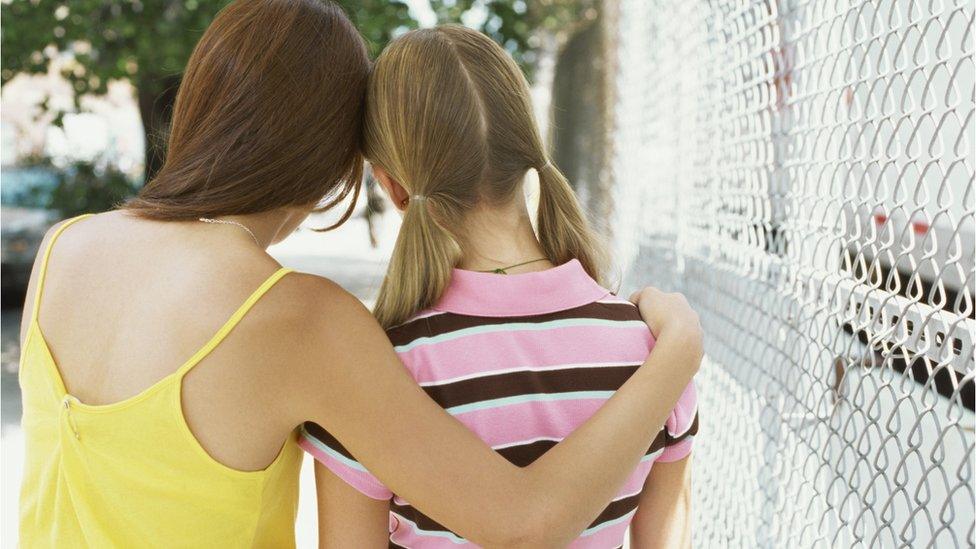Call to monitor long-term effects of chemotherapy on young
- Published

Cancer doctors are calling on GPs to look out for the long-term side effects of chemotherapy in teenagers and young adults.
In an article in the British Medical Journal, external, they warn that young cancer survivors can experience side effects for many decades after treatment.
These can include infertility problems, heart failure and depression.
There are more than 2,000 new cases of cancer a year in the UK in 15- to 24-year-olds.
In the UK, cancer cases among 15- to 24-year-olds have risen by 19% since the mid-1990s.
The authors of the article, all linked to Cambridge University, looked at previous studies and trials to describe the wide range of effects of chemotherapy drugs which may only come to light in later life.
These effects were different from those seen in younger children and adults who had undergone chemotherapy treatment, they said, although they did not know why.
The late effects of chemotherapy can include:
memory loss
fatigue
stress, anxiety and depression
deafness
coronary artery disease
hypertension
infertility
osteoporosis
Dr Saif Ahmad, academic special registrar in clinical oncology at Addenbrooke's Hospital, Cambridge, said it was important for GPs to give young people advice to stop the late effects from occurring.
He said they should try to talk about potential side-effects at an early stage and tackle some head on, such as the possibility of loss of fertility for example.
This could mean discussing ways of preserving fertility, referring the young person to a clinic and - for female patients - talking about new ways of freezing ovarian tissue before treatment.
Offering support
"If you're a teenager or young adult who has had cancer treatment, you have 20% less chance of becoming pregnant compared to others who haven't had chemotherapy - and some patients will become infertile," Dr Ahmad said.
And it was essential to pick up on signs of heart problems.
"If heart failure can be picked up early and the right drugs used, then side-effects can be reversed," he said.
The article said GPs should actively ask about psychosocial issues such as coping with work and the fear of the disease returning.
GPs should also find support groups to help young people talk about issues worrying them.
Communicating about the after-effects of cancer was a two-way process, Dr Ahmad said.
"If you don't talk about these issues, then they won't talk to you about them," he said.